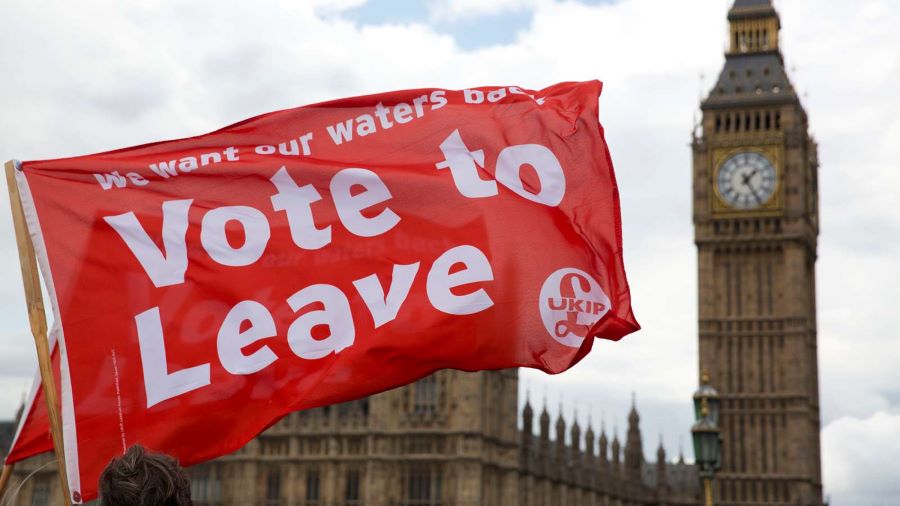Meta deploys an intricate web of chatbots to learn more about current account holders
In a daring attempt to combat the erosion of its user base and stave off irrelevance, Meta Platforms, the social media behemoth formerly known as Facebook, is executing a multifaceted strategy involving the deployment of AI-powered chatbots.
Ostensibly designed to foster connection and engagement, these digital entities – displaying a variety of “personalities” ranging from the historic to hilarious ones –conceal a complex agenda that raises serious questions about user privacy and the true motives behind Meta's technological leap, according to reports by the Wall Street Journal (WSJ) and the Financial Times (FT).
More to read:
Meta’s voice replicating AI is a dangerous security loophole
One reason why Mark Zuckerberg turned to AI chatbots, which are powered by Meta’s latest large language model called Llama 2, is the attempt to retain current users and recapture the attention of younger demographic, as the company has continued using audiences to other platforms such as Tik Tok or Snapchat.
The AI characters, says WSJ, from the oddly dated "Bob," fashioned after a character from the late '90s, to Gavin's misogynistic remarks, and "Alvin the Alien's" invasive inquiries, seem out of touch with contemporary youth culture. The divergence from the human-to-human connection ethos that Facebook once championed is striking, revealing an unsettling shift toward keeping users fixated on the platform for extended periods – obviously for generation of profit.
About 15% of Facebook Feed content is recommended by AI from non-followed accounts. Zuckerberg says he expects that percentage to more than double by the end of 2023.
Meghana Dhar, a former executive from Snapchat and Instagram, told the publication: “Meta's entire strategy for new products is often built around increased user engagement.
They just want to keep their users on the platform longer because that provides them with increased opportunity to serve them ads."
Given that living beings tend to jump out of Facebook, Meta offers virtual friends to fill the void left by disappointed users.
This reliance on AI chatbots reminds of Zuckerberg’s plans to deploy a super-metaverse that would encompass all Meta services, with Facebook being instrumental of his intention. Take, for example, the AI chatbots playing as Abraham Lincoln imparting historical wisdom or fictional characters posing as travel advisors sharing insights on surfing destinations.
Facebook's checkered history in this domain raises valid apprehensions about the impartiality of Meta’s new AI friends and the potential misuse of data extracted through interactions with AI chatbots. Readers may remember how an army of misinformation-spewing chatbots influenced a referendum in the United Kingdom (Brexit) and the presidential elections in the United States (Donald Trump) – both in 2016.

Facebook ran an army of chatbots and numerous ads advocating for Brexit in 2016. Credit: The Guardian
However, as FT observes, Meta's foray into the metaverse-like service signals a grander ambition – the chatbots aren't just supposed to boost engagement, they are designed to learn deeper about users' interests. AI, simply put, enhances the effort to better know the users and to refine the relevant content — targeting primarily its ad destinations.
This sort of interaction will have serious implications on user privacy.
"Once users interact with a chatbot, it really exposes much more of their data to the company, so that the company can do anything they want with that data," Ravit Dotan, an AI ethics adviser at the University of Pittsburgh, told the newspaper.
The AI chatbots will grant Meta unprecedented access and control over personal information. Whether this will help retain users and connect them, a goal enshrined in the company’s doctrine, remains to be seen soon.
During the third quarter of 2023, the number of daily active users on Facebook reached 2.08 billion, a minor increase on the previous quarter. When compared with the number of daily active users in the second quarter of 2022, the platform has gained around 96 million users, according to Statista.
By comparison, Facebook had 2.989 billion monthly active users in April 2023.
According to Forrester’s Youth Survey 2022, further corroborates our previous analysis of Meta’s Gen Z problem. Gen Z continues to exit Facebook. And Reels usage pales in comparison to TikTok.
Weekly usage of Facebook among US online youths ages 12–17 dropped 8 percentage points year over year (from 48% to 40%). While weekly usage of Instagram increased 4 percentage points (to 61%), TikTok continues to grow at a faster clip, with a 6-percentage-point year-over-year increase (at 69%), the think tank noted, the same survey says.
Meta Platforms is the parent company of Facebook, Instagram, Facebook Messenger, and WhatsApp.
***
It's rare to see someone donating to support a science blog [PayPal: @newscafeeu / IBAN - RO50BTRLEURCRT0490900501, Swift - BTRLRO22, Beneficiary - Rudeana SRL]. If you do so - thank you dear reader. Otherwise you may click on ad banners on our website. Any help makes us hopeful.







